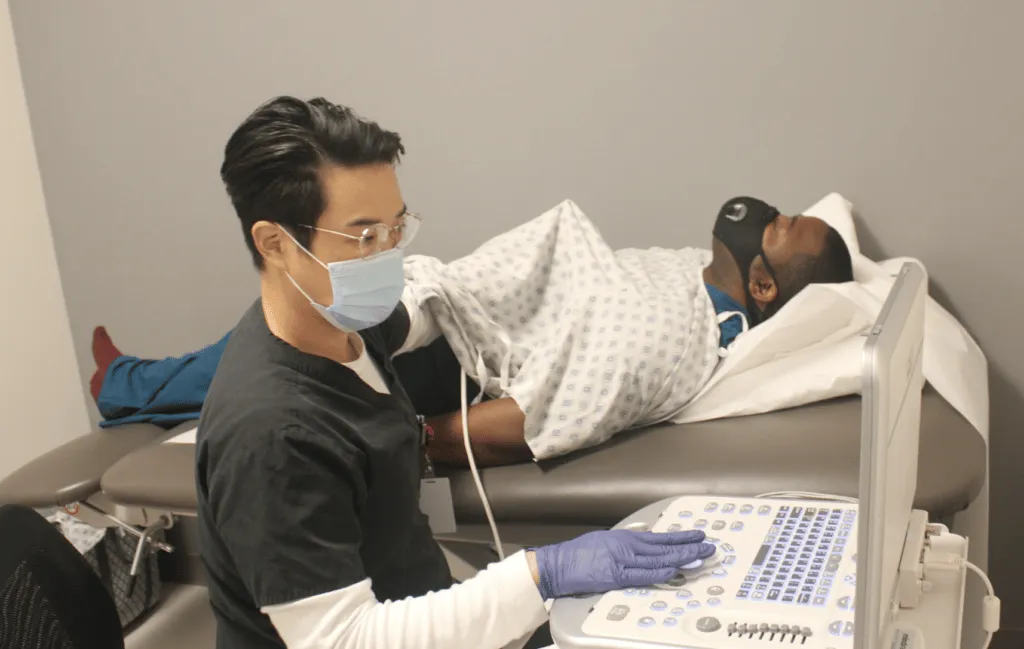Cardiology, the study and treatment of heart conditions, has seen remarkable advancements in recent years. Understanding these advancements can help patients feel more secure and empowered as they navigate their healthcare journeys. Here is what patients should know about the latest developments in cardiology:
How Is Diagnosis Changing?
Modern cardiology diagnostics have become more accurate and less invasive, offering patients more comfortable and reliable options. Imaging technologies, such as cardiac MRI and 3D echocardiography, now produce vivid, detailed images of the heart. These tools enable doctors to identify conditions such as valve abnormalities or structural defects with greater precision.
Lab testing has advanced significantly. Genetic testing provides insights into hereditary heart conditions, benefiting not only those receiving treatment but also their families. Discovering a genetic predisposition to certain arrhythmias enables proactive measures to prevent sudden cardiac events.
What’s New in Treatments?
Treatment options for cardiovascular diseases have expanded significantly, providing patients with more choices than ever before. These new options include less invasive surgeries and targeted drug therapies, which help improve recovery times and health outcomes.
Medications have also seen significant advances. New cholesterol-lowering drugs can now more effectively stabilize plaque in blood vessels, thereby reducing the risk of heart attacks. Additionally, blood thinners have been improved to better prevent strokes, especially in patients with various conditions.
Are Procedures Becoming Safer?
Safety has improved in both intervention and ongoing treatment. Minimally invasive procedures are a standard approach. These techniques use small incisions, which lower the risk of infection, reduce pain, and lead to faster recovery times. Many patients can return to their daily activities within days instead of weeks.
Advances in surgical tools and techniques have also made a difference. Surgeons now operate with greater precision, thanks to real-time imaging that allows for immediate adjustments during procedures. These innovations help decrease complications and extend healthy lives.
Monitoring technologies now let patients stay connected with their care teams remotely. Digital health platforms enable doctors to track vital signs like heart rhythms and blood pressure, helping ensure long-term health success.
Will Preventive Care Improve?
Preventive care is now a key focus in cardiology. It provides patients with resources to manage their health and prevent serious problems. These changes encourage people to be proactive about their heart health. Education programs about heart health are available, offering advice on diet, exercise, and quitting smoking. Making simple lifestyle changes can greatly reduce the risk of conditions like coronary artery disease. Public initiatives such as community screenings are helping to detect issues like high blood pressure early.
Find Cardiology Care Near You
Navigating recent advancements in heart care can be challenging, but staying informed makes a difference. Begin by consulting with your healthcare provider to discuss the diagnostic tools and treatments that are most suitable for you. If wearable technology is available, ask how it could help improve your care. If you have a family history of heart problems, discuss genetic testing, as it might allow for early interventions to protect your health. Make sure to take advantage of the resources your healthcare team offers, such as educational programs or mobile health monitoring. Getting support from a nearby cardiologist can also be beneficial.


Leave a Reply